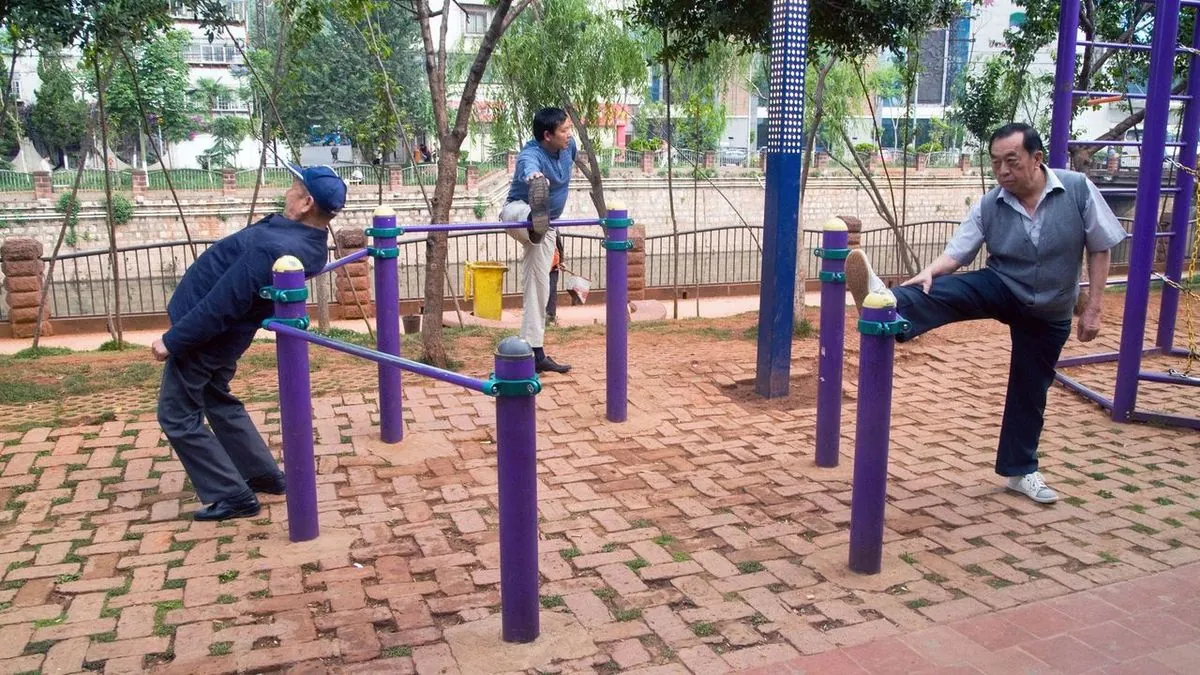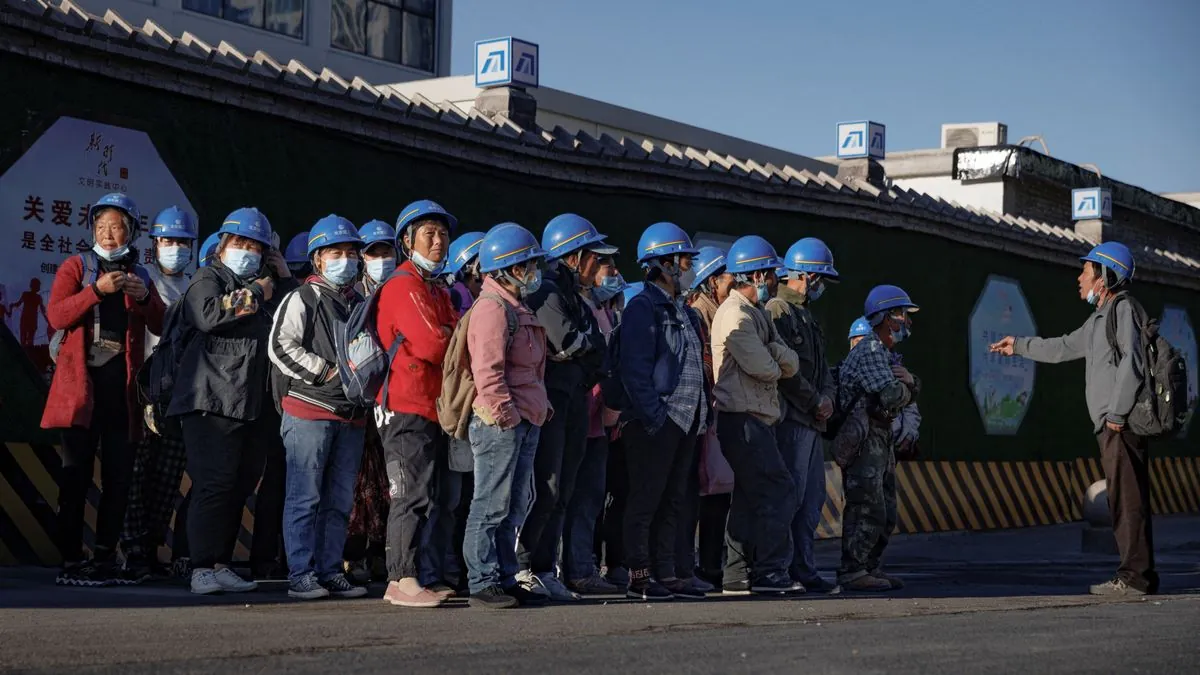China to Gradually Increase Retirement Age from 2025 Onwards
China announces plans to raise retirement age starting 2025, addressing challenges of an aging workforce and shrinking population. The phased implementation will span 15 years, adjusting retirement ages for both men and women.

In a significant policy shift, China is set to implement changes to its retirement age system beginning in 2025. This decision comes as the nation grapples with the challenges of an aging population and a diminishing workforce.
The new policy, announced by China's legislature and reported by state broadcaster CCTV, will be gradually implemented over a 15-year period. Under the revised system, the retirement age for men will increase to 63 years, while women will see their retirement age adjusted to either 55 or 58 years, depending on their occupation.
Currently, China maintains one of the lowest retirement ages among major economies, with men retiring at 60 and women at either 50 or 55, based on their job type. This system has remained unchanged since the 1950s, despite significant demographic shifts in the country.
The decision to raise the retirement age is driven by several factors. China's population declined in 2022 for the first time in 60 years, marking a turning point in the nation's demographic trajectory. Additionally, the country's working-age population (15-64) has been decreasing since its peak in 2011, putting increased pressure on the pension system.

Xiujian Peng, a senior research fellow at Victoria University in Australia specializing in China's population and economy, commented on the policy change:
"We have more people coming into the retirement age, and so the pension fund is (facing) high pressure, that's why I think it's now time to act seriously."
The implementation of the new retirement age will be based on individuals' birthdates. For instance, a man born in January 1971 would be eligible to retire at 61 years and 7 months in August 2032, while a man born in May 1971 could retire at 61 years and 8 months in January 2033.
This policy change comes amid broader demographic challenges facing China. The country's fertility rate dropped to 1.3 children per woman in 2020, well below replacement level, despite the introduction of a three-child policy in 2021. Moreover, China's life expectancy has increased to 77.3 years as of 2019, further contributing to the aging population issue.
The retirement age adjustment is part of a larger strategy to address the economic implications of an aging society. China's old-age dependency ratio is expected to double by 2040, placing significant strain on the country's pension system. The National Social Security Fund, established in 2000, aims to support this system, but faces mounting pressure due to demographic shifts.
As China navigates these complex demographic challenges, the gradual increase in retirement age represents a crucial step towards ensuring the sustainability of its social security system and maintaining economic stability in the face of an aging population.


































